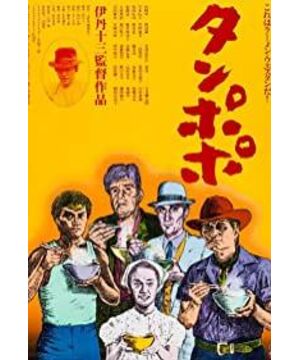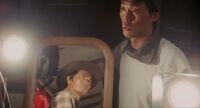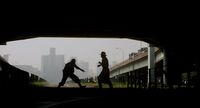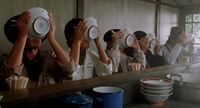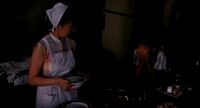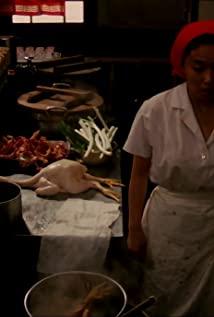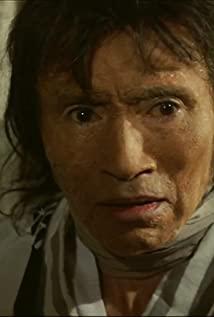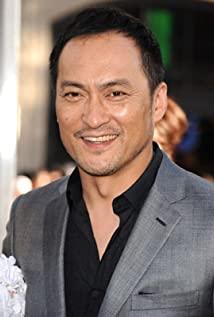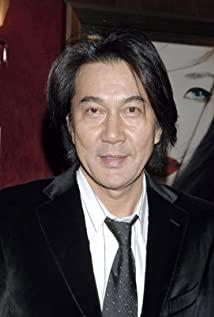What makes this film stand out is the narrative structure of the weak character relationship-strong eating commonality. The change of camera and the interspersed interludes of the plot are cut in by the unrelated characters passing by the main characters. It seems to be loose and casual, but in fact it emphasizes the status of diet in the life of the general public, and weakens the difference between the rich and the poor, and the difference in food supply caused by different classes. , to refine the commonality of diet for people.
In addition to diet, there are two points worth mentioning here throughout the film. One is the man in white's view and practice on "life is like a play". Cinematic reviews and life exclamations similar to film flowers are both interactive, narration, and drama-in-a-play, making the best interpretation of the kaleidoscope of movie life. The setting of this character has enjoyed the blissful search and enjoyment, and also suffered a tragic death in the extremely sad rain. The second is the fast-moving train. Its long whistle, flashing lights, the roadside scenery quickly thrown away, the unrecognizable faces of Yunyun passengers flashing past in the car at night, flowing and pouring like a film; Under the viaduct; a tooth decayed eater chewing in the car; thinking of his own past, Heiro stared at the train on the track outside the window; a dying mother after the last meal for her husband and three children Death, alternating light and dark On the curtain of death are the lights of the train that did not stop. For these two points, the slightly weaker main thread of Dandelion Ramen Restaurant is twisted and tightened like a hemp rope, which is strong and firm.
The foothold of the film is the public, that is, reality, so I have to say a few regrets.
The first is the marriage and family settings of the male and female protagonists. Hei Lang's wife and son ran away, but the character of Hei Lang embodies a character who understands life, is willing to help others, and has enough loyalty; Dandelion's husband died and lives alone with his son. The two people who have reached the bottom of their marriage because of similar encounters It seems perfunctory to not explain and deal with other compatible ideas other than career help. The complementary relationship setting of the two weakens the universality of the story.
The second is the homeless group. It does not mean that this group of food-deprived people has a greater love for food than the food-abundant people, but the ease with which they sneak into the kitchen to make omelettes and their motivation to help Dandelion is logically Lack of convincing (homeless people recommend the most senior old man to help improve the quality of noodle soup because a truck driver friend thinks a noodle restaurant tastes too bad?)
The third is to meet a rich old gourmet by chance. Although Heilang and his party are looking for recipes from other shops, the probability of encountering this kind of old gourmet is very high, but the old gourmet was rescued by them and gave a pastry chef to help him improve his cooking skills. No matter how you look at it, it's too bloody. If you compare the plot of Jin Min's "Tokyo Godfather", the homeless and his party rescue the gang boss who was crushed by his car in the snowy day, you will find that in the same plot, "Tokyo Godfather" because of the exaggerated expression techniques and short plot of the animation The push of time (within a few days), and the bizarreness of the baby's origins (at least in the eyes of the tramp) balance out the extent of this shit.
Fourth, it is too child's play to use dandelion's tricks to make noodles and make noodles. If the taste and gluten of the noodles are as high as they say, the pastry chef will never be able to reveal the details so easily.
These four points inevitably prevent the film from marching into a real five-star movie. However, it was able to express the theme of simulation management, especially the theme of food, in a plot that was not bland or slack. Itami Shisan set a very good example for the creation of subsequent food movies in terms of plot, structure, food, and life. The shortcomings mentioned are also the limitations brought about by the construction of the drama itself.
View more about Tampopo reviews


